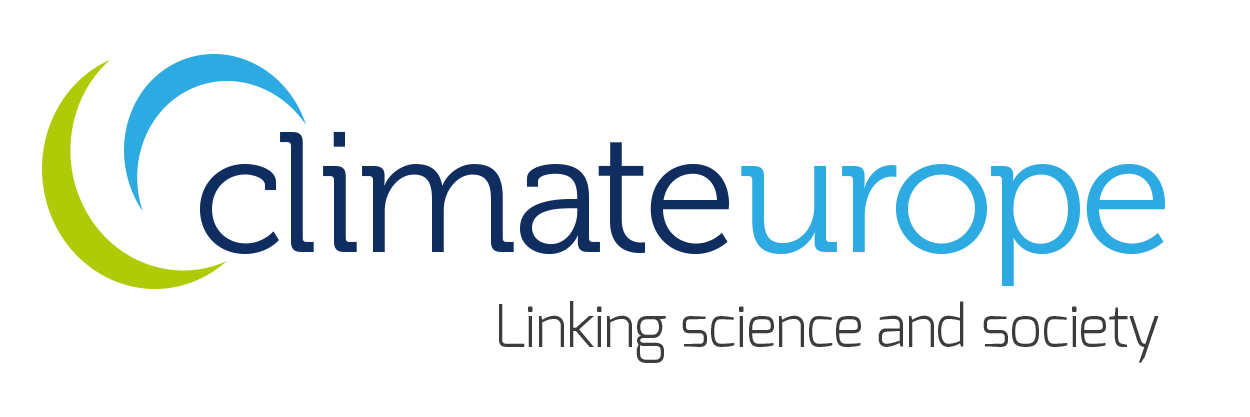 News
News
 ECCA Session 10312 on May 29, 11:15 – 13:00, room S5
ECCA Session 10312 on May 29, 11:15 – 13:00, room S5
Download the program of the session (pdf)
Background
Practical applications of interannual and decadal climate predictions are still in their infancy. The European Climate Prediction System (EUCP) aims to harmonize and improve climate predictions for all European states on time scales
between 1 and 40 years. User-relevant results from EUCP will include:
• Risk assessment of floods, droughts or other extreme weather events
• Improved ways to assess uncertainties of climate predictions
• Co-development of climate services with practitioners and policy-makers
Our session connects scientists with practitioners and policy-makers in order to learn how EUCP can best create actionable climate information.
Programme
Presentations (7 +3 minutes each)
Jason Lowe, Scientific Coordinator of EUCP (UK MetOffice): Benefits from a European Climate Prediction system
Francisco Doblas-Reyes, Director Earth Sciences (BSC): The added value of user-driven climate predictions
Erik Kjellström, Professor in climatology (SMHI): A new set of high-resolution simulations for Europe and their potential applications
Discussion
Open discussion in small groups
Presentations (7 +3 minutes each)
Albrecht Weerts, Data – model integration (Deltares): Future risks of hydro-meteorological extremes
Bart van den Hurk, Professor of Climate Interactions with the Socio-Ecological System (VU Amsterdam): Examples for “data reduction” climate services
Jaroslav Mysiak, Director Risk assessment and adaptation strategies (CMCC): The value of climate predictions for downstream climate services
Discussion
Open discussion in small groups Rapporteurs’ summary
Final statement
Discussion sessions:
There will be four tables. Each table with two rapporteurs represents one topic with a few questions. Participants can move around between these tables if they wish.
1. User requirements
Rapporteurs: Paco, Erik
What sort of climate information (physical variables, indicators, qualitative information, recommendations, etc) do you use?
In what region do you need the information, on what time horizon, and with what resolution?
Risk assessments of what kind of weather events would be most beneficial for the decision making in your organization?
2. Challenges and opportunities
Rapporteurs: Jason, Bart
How should existing climate information be improved?
What do you think it is the weakest aspect in the current provision of the weather and climate data and how it could be improved?
What potential applications do you see for predictions like EUCP’s?
3. Uncertainties
Rapporteurs: Albrecht, Sebastian
How do you deal with uncertainties of climate predictions? How do you integrate uncertainties in your decision process?
In what form do you need them to be communicated / quantified (e.g. probabilities, uncertainty ranges, worst case scenarios, …)?
4. Methods of collaboration
Rapporteurs: Jaro, Dragana
What methods of interaction between science and public stakeholders would be most beneficial to generate practically useful knowledge?
For example, would you be interested in meetings with scientists and practitioners, or in personal interviews, or co-develop specific informational products together with scientists? What are your experiences and suggestions?
